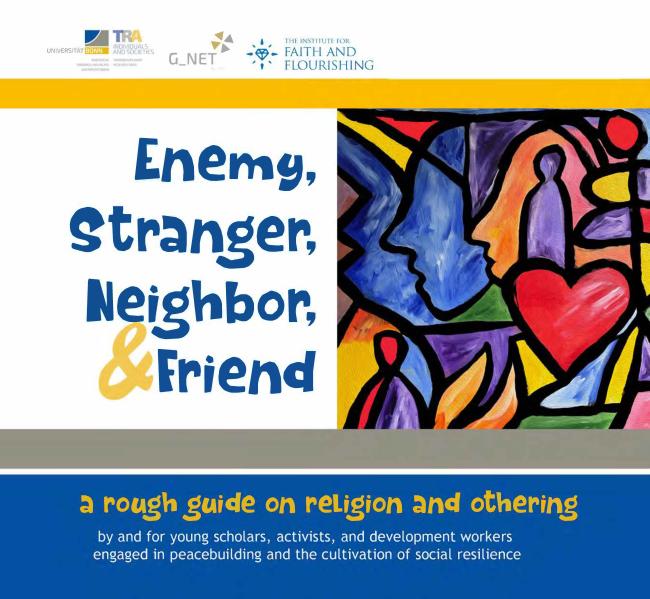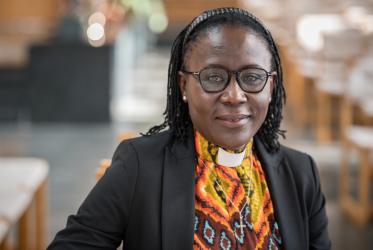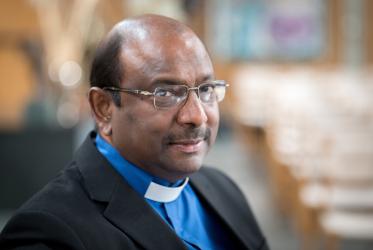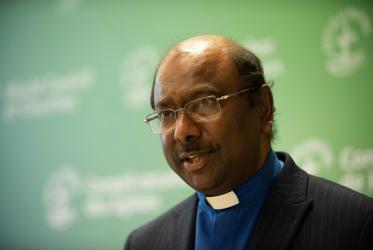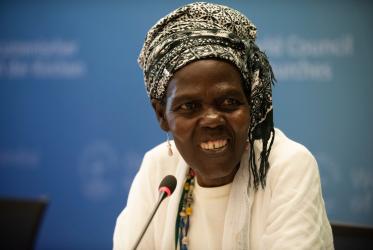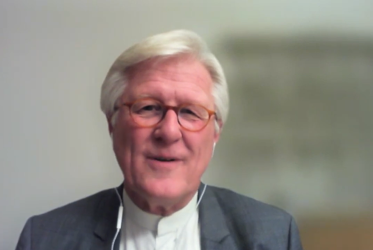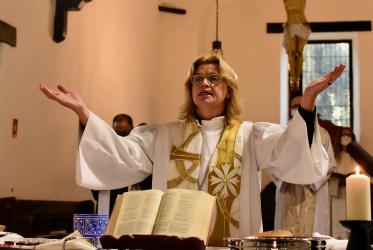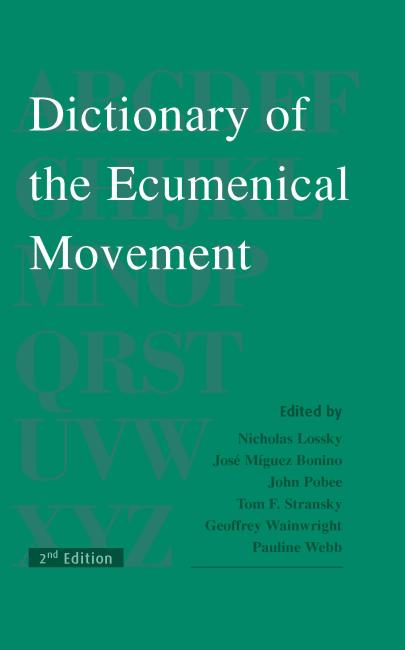Displaying 81 - 100 of 383
The Future of Mission Cooperation
The Living Legacy of the International Missionary Council
24 March 2023
HIV and AIDS Civil Society Networks and the Faith Sector
Lessons Learnt from Strategic Engagement in India, Dominican Republic, Indonesia, and Jamaica
31 January 2023
Pandemic and pedagogy: what are the valuable lessons?
21 December 2022
WCC moderator speaks on WCC journey amid difficult budget decisions
20 December 2022
In Chile, “Churches’ ministry of reconciliation is key”
29 November 2022
Dictionary of the Ecumenical Movement (2nd Edition)
28 November 2022
Towards a Global Vision of the Church Volume I
Explorations on Global Christianity and Ecclesiology, Faith and Order Paper 234
14 November 2022


